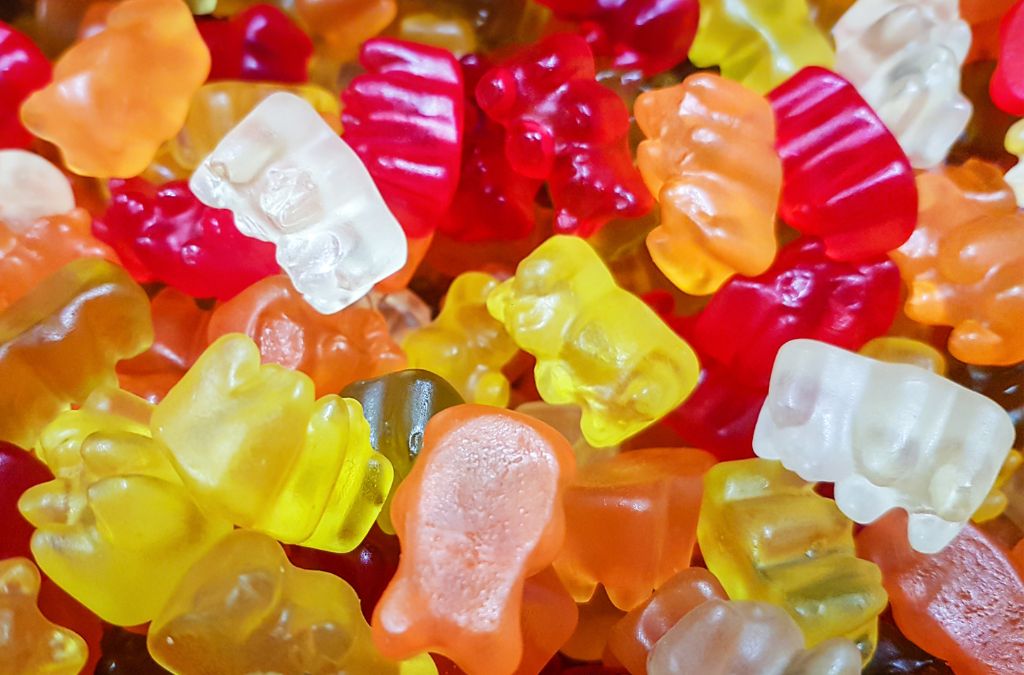The world of cannabis products has expanded significantly, offering a variety of options for consumers. Among these, Delta-9 and Delta-8 gummies have gained popularity. Understanding the differences between these two can help consumers make informed choices.
Understanding Delta-9 THC
Delta-9-tetrahydrocannabinol (Delta-9 THC) is the most well-known compound in cannabis. It is responsible for the psychoactive effects commonly associated with marijuana. Delta 9 THC gummies and mood enhancement binds to cannabinoid receptors in the brain, leading to the “high” that users experience.
Delta-9 THC is found in significant quantities in cannabis plants. Its effects can vary based on the strain, dosage, and individual tolerance. Common effects include euphoria, relaxation, and altered perception of time.
Exploring Delta-8 THC
Delta-8-tetrahydrocannabinol (Delta-8 THC) is a minor cannabinoid found in cannabis. It is chemically similar to Delta-9 THC but has a slightly different molecular structure. This difference results in a milder psychoactive effect.
Delta-8 THC is often derived from hemp, making it more accessible in regions where Delta-9 THC is restricted. Users report experiencing a more clear-headed high with less anxiety compared to Delta-9 THC.
Comparing Effects and Potency
When comparing Delta-9 and Delta-8, the potency and effects are key factors. Delta-9 THC is known for its strong psychoactive effects, which can be intense for some users. It is often used for recreational purposes and can also provide relief from pain and nausea.
Delta-8 THC, on the other hand, offers a more subdued experience. Users often describe it as a smoother high, with less paranoia and anxiety. This makes it appealing for those seeking a more relaxed experience without the intensity of Delta-9.
Legal Status and Availability
The legal status of Delta-9 and Delta-8 varies significantly. Delta-9 THC is classified as a Schedule I substance under federal law in the United States, making it illegal at the federal level. However, many states have legalized it for medical or recreational use.
Delta-8 THC occupies a gray area legally. The 2018 Farm Bill legalized hemp and its derivatives, which some interpret as including Delta-8 THC. This has led to its availability in states where Delta-9 THC remains illegal. However, some states have moved to restrict or ban Delta-8 THC.
Consumer Preferences and Market Trends
Consumer preferences play a significant role in the popularity of Delta-9 and Delta-8 gummies. Many users prefer Delta-8 for its milder effects and legal accessibility. It is often marketed as a middle ground between CBD and Delta-9 THC.
- Delta-8 gummies are popular among those seeking relaxation without intense psychoactive effects.
- Delta-9 gummies appeal to users looking for a more traditional cannabis experience.
- The market for Delta-8 products has grown rapidly, driven by consumer demand and legal loopholes.
Health and Safety Considerations
Both Delta-9 and Delta-8 THC have potential health benefits and risks. Delta-9 THC is well-researched, with studies indicating its effectiveness in pain relief, appetite stimulation, and reducing nausea. However, it can also cause anxiety, paranoia, and impaired memory.
Delta-8 THC is less studied, but preliminary research suggests it may offer similar benefits with fewer side effects. Users report less anxiety and a clearer headspace. As with any cannabis product, individual reactions can vary, and moderation is advised.
Case Studies and Consumer Experiences
Several case studies highlight the differences in consumer experiences with Delta-9 and Delta-8 gummies. One study found that users of Delta-8 reported feeling more productive and less anxious compared to Delta-9 users. Another survey indicated that Delta-8 users appreciated its legal status and accessibility.
These experiences underscore the importance of personal preference and individual response to cannabinoids. Some users may prefer the intensity of Delta-9, while others find Delta-8’s milder effects more suitable for their needs.
Conclusion
Delta-9 and Delta-8 gummies offer distinct experiences for cannabis consumers. Delta-9 is known for its potent psychoactive effects, while Delta-8 provides a milder, more accessible alternative. Legal status, consumer preferences, and individual reactions all play a role in choosing between these two options. As the cannabis market continues to evolve, understanding these differences can help consumers make informed decisions.


